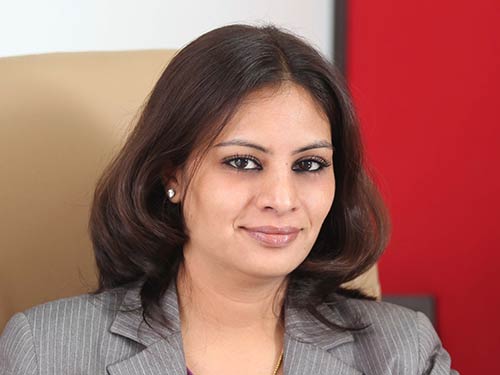Mumbai: Throughout history, governments have used various means to communicate their message to the public, including through the media. With the rise of social media, foreign governments have found new ways to spread their propaganda and influence public opinion in other countries, including through the use of social media influencers.
One recent example of this trend involves the Indian government's collaboration with influencers like Ranveer Allahbadia to promote its policies and initiatives. This strategy has the potential to reach younger audiences directly and increase awareness and engagement with government programs.
While it is important to consider the potential impact on democratic processes and ensure transparency in the use of social media for political messaging, the use of influencers can also be viewed as a positive way for governments to connect with their citizens and promote their policies in a more accessible and engaging manner.
The topic has garnered responses from notable industry figures. Sharing their insightful thoughts on how influencers are becoming the government's new favorite medium, and the reason behind this shift, they have also voiced their opinions on relatability to Gen Z and the common man, and what role do niche mediums like podcasts play in this trend.
Whoppl founder & CEO Ramya Ramachandran

The influencers and the influence of social media of influencers have become really significant, and it has become a topic of discussion. Hence, there is a growing need for all these regulations, transparencies, ethical practices, etc, which has to be followed while doing influencer marketing, this is also a sign that governments are recognising that influencers, content creators have that immense reach and engagement potential. Governing bodies have also realised the potential of their reach and have been collaborating with them to promote government schemes, initiatives, etc. Also, it is important to know why they like their audiences because
A) they have a large following
B) they have persuasive abilities.
Influencers can actually help in shaping public opinion, consumer behavior, and social or political movements as well. So because of this power, it, of course, has positive as well as negative purposes. So, one needs to understand why or how and how responsible you are while creating content without having any vested interest and regulation. For influencer marketing today, there are ASCI guidelines in place that talk about how transparent and authentic your content has to be. Not only in India, but also in the world there are a lot of guidelines in place to ensure that these regulations are met whenever there's an endorsement or testimonial or if there is any sponsored content that has to be completely put very clearly so that the consumers are not misled.
If proper guidelines are followed, influencer reach can be a great source to disseminate information as influencers also tend to have a younger audience of following so you can reach more people at the same time and they leverage the influencers credibility to create a circle of influence.
Pulp Strategy founder and MD Ambika Sharma

It's very cool to see India transitioning from a boring non youth synergetic government media policy to one where they are making such an interesting effort to talk to the youth of today. One of the biggest pros of using influencers is that they have a large following on social media. This means that they can reach a wider audience than traditional news sources. For example, #BeerBiceps has over ten million followers on Instagram. This gives him a platform to reach a large number of people with the government's message. It also means the government recognizes the key information drivers of their people, and are smart enough to incorporate that change.
Another pro of using influencers is that they can use their platform to engage with the public in a more personal way. This is because influencers are seen as more relatable than traditional news sources. For example, #BeerBiceps is known for his down-to-earth personality and his willingness to interact with his followers. This makes him a more credible source of information for many people. However, there are also a number of cons to using influencers. One of the biggest cons is that influencers are not always credible sources of information. This is because they are often paid to promote products or services. This can lead to conflicts of interest, where the future behavior of the influencer may reflect on the government in the internet’s scheme of things.
SoCheers group head - outreach Kunal Khandelwal

The government's decision to engage with influencers like Beer Biceps reflects the growing trend of leveraging influencers as a preferred medium. They have a large reach and influence over the younger generation, majorly Gen Z, who rely largely on digital platforms for everything from information to entertainment.
Influencer collaboration enables the government to effectively promote its policies and programmes to this tech-savvy audience. As a result, influencers act as coordinators between the government and the general audience, amplifying messages and interacting. As we know, podcasts have seen a rise in popularity, serving as a convenient medium for long-form conversations and discussions. Despite their perceived niche, podcasts attract a loyal following looking for specialised topics and substance. The government can reach this niche audience by engaging in podcasts thereby, delivering the message as engaging and impactful.






